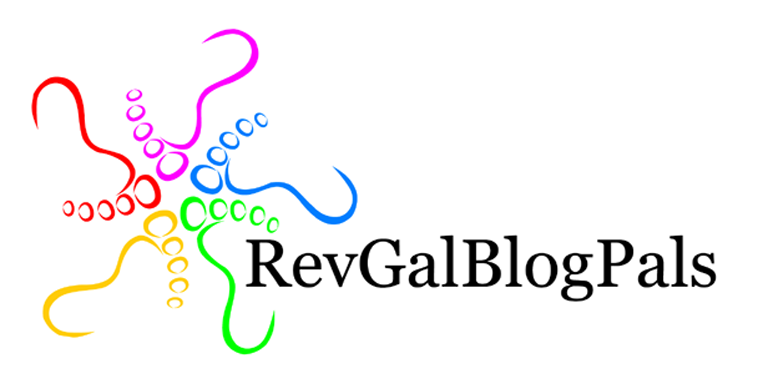BORDER AS POLITICS
A legal immigrant being harassed by the U.S. government, threatened with deportation . . . because his music threatened their political aims. Sounds like a nightmare from a Donald Trump presidency, doesn’t it? Good guess, but it’s Richard Nixon.
A lot has been written about the comparative mental states of Trump and Nixon, and I’m not going to go there. I am still trying to take a Trump break, difficult as it is. So this morning instead of reading and obsessing about his latest tweets and insults, I checked out a historical site (website, not tourist attraction) and found this:
“On this day in 1975, a New York State Supreme Court judge reverses a deportation order for John Lennon, allowing him to remain legally in his adoptive home of New York City.”
What? I had completely forgotten about this. Turns out that Nixon was worried about Lennon’s influence over young people, in particular 18-to-20-year-olds who were about to vote for the first time in the 1972 presidential election. Lennon was outspoken in his opposition to the Vietnam War and after moving to New York City had begun hanging out with people who were anathema to Nixon, people like civil rights and anti-war protesters Abbie Hoffman and Jerry Rubin.
A Presidential Enemies List
Nixon had the FBI investigate Lennon, and although no wrongdoing was uncovered, the case was sent to the Immigration and Naturalization Service, which began deportation proceedings against John and his wife, Yoko Ono based on a 1968 marijuana charge in England.
During Watergate, it was revealed that Nixon maintained an active “enemies list,” the purpose of which, according the White House Counsel’s Office, was to “screw” Nixon’s political enemies through tax audits, litigation, prosecution, and manipulation of federal grants and contracts. On the list were politicians, actors, authors, and journalists, among others.
Newscaster Walter Cronkite later said, “I suppose if you were going to list your enemies and decide who is most dangerous, if I were Nixon, I would put Lennon up near the top.”

John Lennon & Yoko Ono Face Deportation
This American Dream
The U.S. vs. John Lennon was in the courts for more than four years. Finally on this day in 1975, the deportation order was reversed and John received a green card within a year.
Judge Irving Kaufman wrote that “The courts will not condone selective deportation based upon secret political grounds . . . Lennon’s four-year battle to remain in our country is testimony to his faith in this American dream.”
I still have faith in this American dream. Let’s not elect another paranoid, authoritarian man with an enemies list who is temperamentally unfit for the job of President of the United States.




